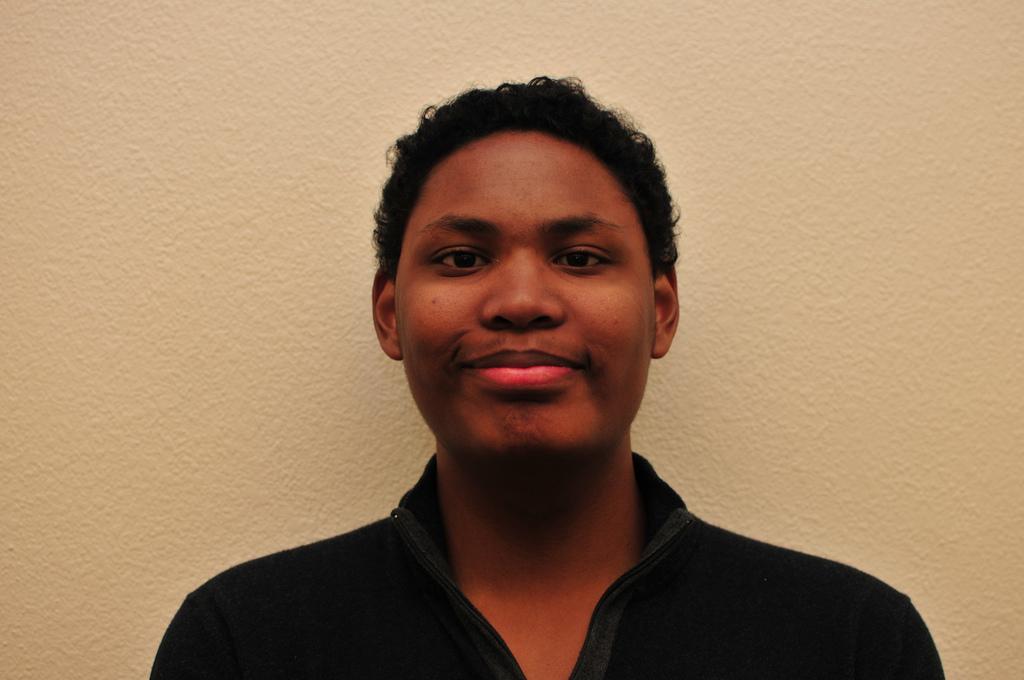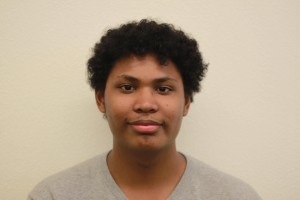Why are white people afraid to talk to black people?
While killing time to see “Black Swan,” my aunt and I recently discussed how white people acted when talking to black people about sensitive subjects. Of course, we had no definite answers.
While ironically eating a “Black and White” sundae in a restaurant, we decided to ask our waiter some of our race related questions.
I asked him why some white people feel uncomfortable saying certain words or phrases like the term “black.”
His response: White people don’t want to make a situation worse by talking about something taboo.
Surprisingly, this was an honest, interesting point that made me think.
In the midst of Black History Month and DVC’s “Whistling Vivaldi” project, I’m asking myself, does talking about an issue make it worse?
The Inquirer published an article last fall about the achievement gap between black and white students.
Now, we’re covering the “Whistling Vivaldi” project, which is making a point that students will act like the stereotypes projected onto them.
I’m wondering if the combination of endorsing that article, making sure that the Whistling Vivaldi project is covered and writing this column is making the black achievement gap a bigger problem.
Actually, this reminds me of the suicides of gay teenagers last year.
In an Associated Press article about Tyler Clementi, experts said that his highly publicized suicide may have persuaded others to take their own lives.
The more the death was discussed, the more acceptable suicide may have seemed.
Is the DVC community solidifying the stereotypes that should be solved by addressing them more often?
It’s not my intent to disapprove of the “Whistling Vivaldi” project, The Inquirer or the achievement gap’s significance.
But, as a black student journalist, I question if I am helping the problem or exacerbating it.






































































